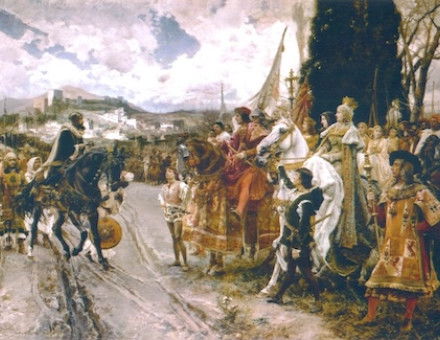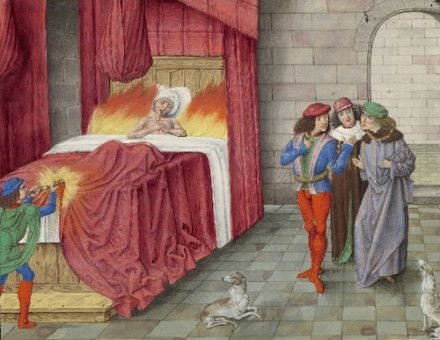Sixteenth-Century Travellers
J.B. James describes how travelling was an occupation that, although they believed it had a good effect on the character, most sixteenth-century Englishmen found singularly unenjoyable.
Travel, Francis Bacon wrote, was for the young a part of education; for the elder, a part of experience. In sixteenth-century England it was usually the sons of noblemen for whom travel was an educatory influence; and the knowledge they obtained varied from the dissolute adventures of Sir William Cecil’s eldest son, who gambled, drank, enjoyed the ‘vanities of love’ and brought shame upon his earnest father, to the noble course of Sir Philip Sidney, who went through Europe dispensing intelligent charm and making scholastic and diplomatic contacts. Some of these privileged few took the precaution of consulting an astrologer before they set off; others were showered with advice.
‘Seek the knowledge of the estate of every Prince, court and city that you pass through’, Sidney’s father had instructed him. ‘Address yourself to the company, to learn this of the elder sort, and yet not neglect the younger. By the one you shall gather learning, wisdom and knowledge, by the other acquaintance, languages and experience.’ Instructions to the young Earl of Rutland were similar:





